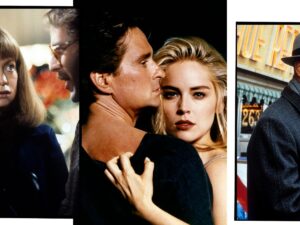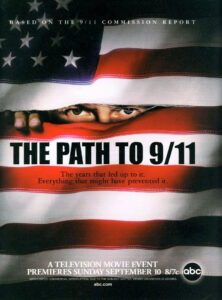The 1970s is often hailed as a golden era of cinema, a decade that saw an explosion of creativity, experimentation, and groundbreaking storytelling in the film industry. This period was marked by the rise of auteur directors, a wave of socially and politically charged narratives, and the birth of some of the most iconic movies in cinematic history. Here’s a look at why the 1970s remains a seminal decade for film lovers and how it shaped the landscape of modern cinema.
The Rise of the Auteur
The 1970s witnessed the emergence of the auteur director—a filmmaker whose personal influence and artistic control over a movie are so significant that they are regarded as the film’s author. Directors like Martin Scorsese, Francis Ford Coppola, Stanley Kubrick, and Steven Spielberg came into their own during this decade, creating films that not only achieved commercial success but also pushed the boundaries of the medium.
- Martin Scorsese: Known for his gritty, realistic portrayals of American life, Scorsese directed “Mean Streets” (1973) and “Taxi Driver” (1976), films that captured the angst and disillusionment of the era.
- Francis Ford Coppola: With “The Godfather” (1972) and its sequel “The Godfather Part II” (1974), Coppola delivered a masterclass in storytelling, offering a profound exploration of power, family, and corruption.
- Stanley Kubrick: Kubrick’s “A Clockwork Orange” (1971) and “Barry Lyndon” (1975) showcased his meticulous attention to detail and his ability to create visually stunning and thought-provoking films.
- Steven Spielberg: Spielberg’s “Jaws” (1975) not only set the standard for the modern blockbuster but also demonstrated his talent for blending suspense with compelling narratives.
Social and Political Commentary
The 1970s were a tumultuous time, with events such as the Vietnam War, the Watergate scandal, and the civil rights movement deeply influencing the collective consciousness. Filmmakers responded to these societal shifts by creating movies that reflected the anxieties, hopes, and conflicts of the time.
- “Apocalypse Now” (1979): Francis Ford Coppola’s epic war film delved into the horrors of the Vietnam War, blending surrealism with stark realism to convey the chaos and moral ambiguity of the conflict.
- “One Flew Over the Cuckoo’s Nest” (1975): Directed by Milos Forman, this film offered a scathing critique of institutional power and conformity, resonating with the anti-establishment sentiments of the decade.
- “Network” (1976): Sidney Lumet’s satirical drama predicted the rise of sensationalist media and explored the manipulation of public opinion, themes that remain relevant today.
Genre Innovation
The 1970s also saw significant innovation within various film genres. Horror, science fiction, and crime dramas, in particular, underwent remarkable transformations during this period.
- Horror: “The Exorcist” (1973), directed by William Friedkin, brought supernatural horror to the mainstream with its shocking and visceral portrayal of demonic possession. Meanwhile, “Halloween” (1978) by John Carpenter popularized the slasher genre, laying the groundwork for countless imitators.
- Science Fiction: George Lucas’s “Star Wars” (1977) revolutionized the sci-fi genre, combining epic storytelling with groundbreaking special effects to create a cultural phenomenon. Ridley Scott’s “Alien” (1979) blended science fiction with horror, introducing audiences to a new kind of cinematic terror.
- Crime Dramas: Films like “Serpico” (1973) and “Dog Day Afternoon” (1975), both directed by Sidney Lumet, explored the gritty realities of crime and law enforcement in urban America. Scorsese’s “Taxi Driver” and Coppola’s “The Godfather” series also redefined the crime genre with their complex characters and moral ambiguity.
Legacy and Influence
The impact of 1970s cinema is still felt today. Many of the filmmakers who emerged during this period continue to influence contemporary directors, and the themes and styles pioneered in the ’70s remain prevalent in modern filmmaking. The decade’s emphasis on auteurism, its willingness to tackle challenging social issues, and its genre innovations have all left an indelible mark on the art of cinema.
In conclusion, the 1970s was a transformative decade for movies, characterized by a surge of creative freedom and groundbreaking work that has continued to inspire filmmakers and captivate audiences for generations. The films of this era not only reflect the cultural and political upheavals of their time but also showcase the enduring power of cinema to challenge, entertain, and provoke thought.





